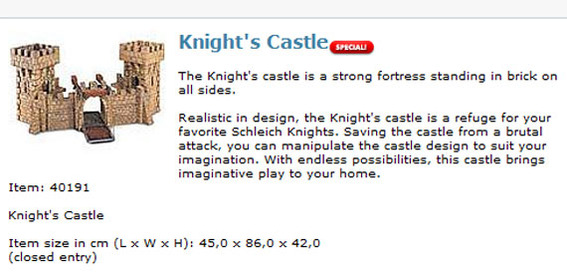A massive change to Google’s search engine ranking algorithm has recently improved query results, while having a negative effect on businesses that had been “gaming” the system or reusing others’ content.
The so-called “Farmer” algorithm update went into effect in late February and affected some 11.8 percent of Google search queries in the United States.
Weeding Out Bad SEO Tactics
Google actually makes about 500 changes to its search-results ranking algorithm — the step-by-step instructions its computers carry out each time search results are displayed — each year as it constantly does battle against search engine optimization (SEO) tactics aimed at “gaming” the algorithm, rather than producing content useful to consumers.
The Farmer update was presumably aimed at content farms, those that produce low-quality information or republish content for the purpose of generating revenue that is often in the form of advertising.
“This update is designed to reduce rankings for low-quality sites — sites which are low-value add for users, copy content from other websites or sites that are just not very useful,” wrote Google Fellow Amit Singhal and results-spam guru Matt Cutts on The Official Google Blog. “At the same time, it will provide better rankings for high-quality sites — sites with original content and information such as research, in-depth reports, thoughtful analysis and so on.”
The Farmer update is having a positive effect on many search results. For example, according to a report from Search Engine Land, generally low-quality sites like Associated Content and Suite 101, and content aggregators — such as The Find, which aggregates content from ecommerce sites — all saw significant losses in search results visibility as a result of the Farmer update. Instead of finding multiple pages of results that link to essentially the same content, Google users should be seeing more relevant results now.
3 Things for Merchants to Consider
This update also makes it clear that Google is emphasizing unique and high-quality results — as it should. For online merchants, this fact has three potential impacts.
First, it may no longer be good enough — if it ever was good enough — to copy and republish manufacturer descriptions.
As an example, consider the Schleich Knight’s Castle toy. The product description on the manufacturer’s site reads:
“Realistic in design, the Knight’s castle is a refuge for your favorite Schleich Knights. Saving the castle from a brutal attack, you can manipulate the castle design to suit your imagination. With endless possibilities, this castle brings imaginative play to your home.”

The Knight’s Castle from the Schleich site.
This same description appears verbatim on some 195 ecommerce sites. How would any reasonable person expect Google to rank merchants using the same copied content, except to favor the original?

Approximately 195 online merchants copy the castle’s description exactly from the manufacturer’s site.
Second, merchants may need to produce more unique, product-related content to boost traffic. This fact should have been obvious before Google’s Farmer update made it almost mandatory. But if ecommerce marketers want to attract customers, they need to provide an interesting and informative shopping experience.
For example, consider how REI provides unique and complete product descriptions, reviews, and even product videos to support many of its products.

REI provides complete product information, reviews, and videos for many of its products.
Likewise, notice how Williams-Sonoma includes rich, detailed product descriptions, videos, and even recipes on its product detail pages.

Williams-Sonoma includes recipes on many of its product detail pages.
Third, merchants should avoid any form of SEO that does not focus on good, well-organized content. This means using good HTML structure — CSS layout versus tables — content semantics like proper title and header tags, and generally trying to make a page easy for human readers while avoid other less scrupulous SEO tactics that try to anticipate the Google algorithm or even guess at what the Google bot can or cannot read.
If you need proof, consider that in addition to the Farmer update, Google recently sanctioned J.C. Penney for allegedly manipulating paid links in an effort to improve its search-results rank.
Summing Up
The Google Farmer update produces better search results. But, at the same time, it requires site owners, including online merchants, to provide rich and useful content. Ecommerce marketers should produce good and unique content, while deemphasizing any SEO tactics aimed at “gaming” legitimate search results.




